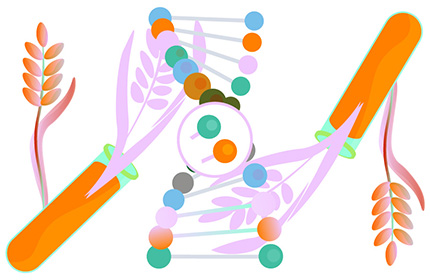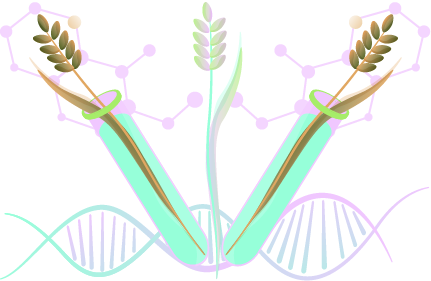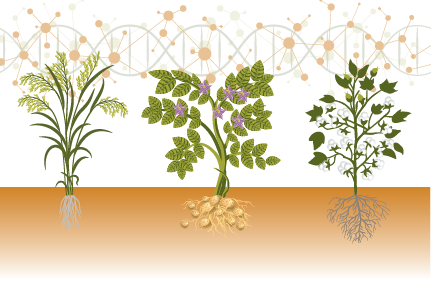Conference on Genome Editing in Plants: Harnessing the Benefits for Bangladesh
-
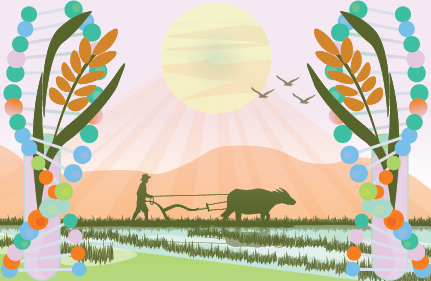
October 18, 2022-October 19, 2022
8:30 am - 5:00 pmThe Westin
Dhaka, Bangladesh
The development and adoption of technological advancements to improve sustainable agricultural production, and food and nutrition security is a priority for Bangladesh. New innovative technologies for plant improvement, including genome editing, are being used to help achieve these development goals and possess enormous potential to address the challenges faced by global agriculture in general, and by Bangladesh in particular. Several institutions in Bangladesh have initiated research projects aimed at harnessing this innovation to accelerate genetic improvement through plant breeding in different crops. Translating these research initiatives into products requires a favorable regulatory environment.
The Bangladesh Academy of Sciences (BAS) is advancing discussions on genome editing and, in collaboration with the South Asia Biosafety Program (SABP), Agriculture & Food Systems Institute (AFSI), and Biotech Consortium India Limited (BCIL), has organized two webinars in the recent past. The first webinar on gene editing and the way forward in Bangladesh, held on October 4, 2021, was a knowledge-sharing initiative focused on developments in gene editing and the need for enabling policies in Bangladesh, so as to make use of this new technology in order to meet the urgent need for improved crops. On June 1, 2022, a second webinar was conducted to continue the discussion of this key technology. Additionally, an “Expert Committee on Policies for Gene Edited Plants in Bangladesh” has been constituted by the BAS to further discussions on a favorable regulatory environment for genome editing. This conference, which is the third event in this series, provided a platform for discussion amongst stakeholders, including international experts and domestic scientists from the public sector, academia, and the private sector, to inform enabling policies on handling the products of genome editing in Bangladesh.

Guests
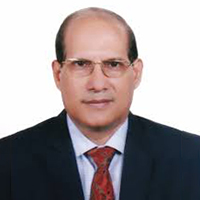
Md. Sayedul Islam
Chief Guest Honorable Secretary, Ministry of Agriculture, Government of the People's Republic of Bangladesh
Megan Francic
Special Guest Agricultural Attaché, Foreign Agricultural Service, United States Department of Agriculture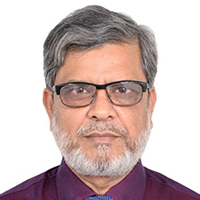
Shaikh Mohammad Bokhtiar
Special Guest Executive Chairman, Bangladesh Agriculture Research CouncilSpeakers & Session Chairs

Dr. Andrew Roberts
Chief Executive Officer Agriculture & Food Systems Institute, USA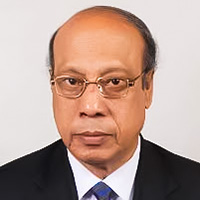
Prof. Dr. A.K. Azad Chowdhury
President BAS, Bangladesh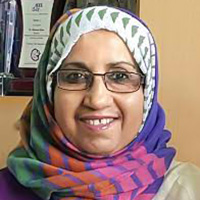
Dr. Haseena Khan
Secretary BAS, Bangladesh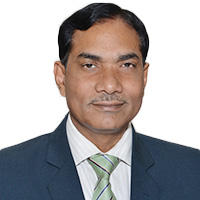
Dr. Trilochan Mohapatra
President NAAS, India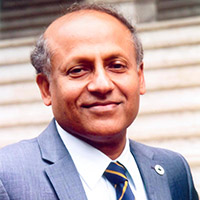
Dr. Rakha Hari Sarker
Country Coordinator SABP, Bangladesh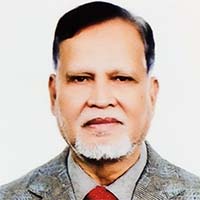
Dr. Zahurul Karim
Vice-President BAS, Bangladesh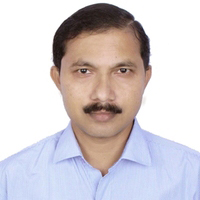
Dr. Viswanathan Chinnusamy
Joint Director of Research IARI, India
Dr. Wayne Parrott
Distinguished Professor University of Georgia, USA
Prof. Dr. Caixia Gao
Principal Investigator Institute of Genetics and Developmental Biology, China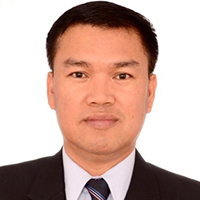
Dr. Antonio Alfonso
Regulatory Program Leader for Asia Pacific Corteva Agriscience, The Philippines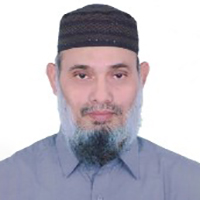
Dr. Md. Aziz Zilani Chowdhury
Former Member Director BARC, Bangladesh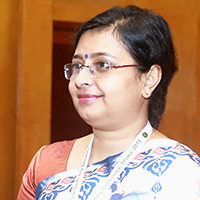
Dr. Aparna Islam
Dr. Aparna Islam Brac University, Bangladesh
Dr. Karen Hokanson
Research Project Specialist Horticultural Science, University of Minnesota, USA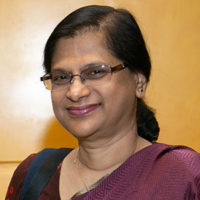
Dr. Zeba Seraj
Professor University of Dhaka, Bangladesh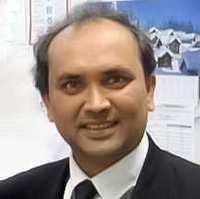
Dr. Tofazzal Islam
Professor BSMRAU, Bangladesh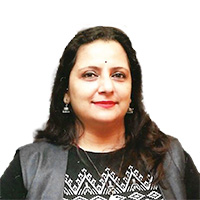
Dr. Tanushri Kaul
Group Leader Nutritional Improvement of Crops Group, ICGEB, India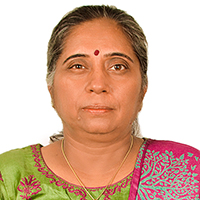
Dr. Vibha Ahuja
Chief General Manager BCIL, India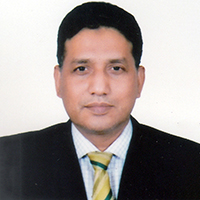
Dr. Md. Akhtar Hossain Khan
Chief Seed Technologist Seed Wing, Ministry of Agriculture, Bangladesh
Dr. Ray Shillito
Senior Expert Regulatory Science Seeds and Traits, BASF Corporation, USA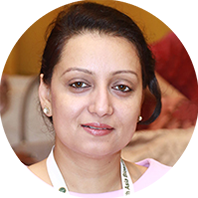
Dr. Bhavneet Bajaj
Manager – Scientific Programs Agriculture & Food Systems Institute, USA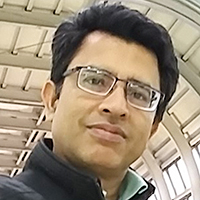
Dr. Md. Salimullah
Director General National Institute of Biotechnology, Bangladesh
Dr. Maria L. Z. Dagli
Professor University of Sao Paulo, Brazil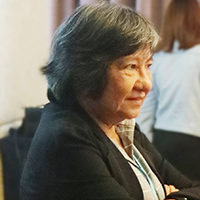
Dr. Flerida Carino
Consultant Bureau of Plant Industry, Department of Agriculture, The Philippines
Dr. Naoko Kato-Nitta
Associate Professor Joint Support-Center for Data Science Research, Research Organization of Information and Systems, JapanAgenda
Day 1 – Tuesday, October 18, 2022
8:30 am
Registration
9:00 am
Welcome Address
Dr. Andrew Roberts
Chief Executive Officer, Agriculture & Food Systems Institute (AFSI), USA
9:05 am
Introduction to the Conference
Prof. Dr. A.K. Azad Chowdhury
President, Bangladesh Academy of Sciences (BAS), Bangladesh
9:10 am
Status of Genome Editing Research for Crop Improvement in Bangladesh
Dr. Haseena Khan
Secretary, BAS, Bangladesh
9:25 am
Keynote Address: Genome Editing for Accelerating the Pace and Precision of Plant Breeding
Dr. Trilochan Mohapatra
Former Director General, Indian Council of Agricultural Research (ICAR) and President, National Academy of Agricultural Sciences (NAAS), India
9:45 am
Remarks by Special Guest
Ms. Megan Francic
Agricultural Attaché, Foreign Agricultural Service, United States Department of Agriculture (USDA), USA
9:55 am
Remarks by the Special Guest - Challenges Faced in Agriculture in Bangladesh: The Need for Innovative Technologies
Dr. Shaikh Mohammad Bokhtiar
Executive Chairman, Bangladesh Agriculture Research Council (BARC), Bangladesh
10:10 am
Inaugural Address by Chief Guest
Mr. Md. Sayedul Islam
Honorable Secretary, Ministry of Agriculture, Government of the People’s Republic of Bangladesh
10:30 am
Vote of Thanks
Dr. Rakha Hari Sarker
Country Coordinator, South Asia Biosafety Program (SABP) and Professor, University of Dhaka, Bangladesh
10:35 am
Tea Break
Technical Session 1: Potential Applications of Genome Editing in Plants
Chair: Dr. Zahurul Karim, Vice-President, BAS | Co-Chair: Dr. Andrew F. Roberts, CEO, AFSI
11:00 am
Genome Editing in Plants: Science and Basics
Dr. Trilochan Mohapatra
Former Director General, ICAR and President, NAAS, India
Dr. Viswanathan Chinnusamy
Joint Director of Research, Indian Agriculture Research Institute (IARI), India
11:20 am
Breeding to Improve Plant Traits and How Genome Editing Fits into the Picture
Dr. Wayne Parrott
Distinguished Professor, University of Georgia, USA
11:40 am
An Overview of the Application of Genome Editing in Crop Development
Prof. Dr. Caixia Gao
Principal Investigator, State Key Laboratory of Plant Cell and Chromosome Engineering, Institute of Genetics and Developmental Biology, People’s Republic of China
12:00 pm
Developing Next-Generation Traits Using Genome Editing
Dr. Antonio Alfonso
Regulatory Program Leader for Asia Pacific, Corteva Agriscience, The Philippines
12:20 pm
Panel Session
1:00 pm
Lunch
Technical Session 2: Research Initiatives for Development of Genome Edited Plants
Chair: Dr. Md. Aziz Zilani Chowdhury, Former Member Director, BARC | Co-Chair: Dr. Aparna Islam, Professor, Brac University
2:15 pm
Development of Biotech Crops
Dr. Karen Hokanson
Research Project Specialist, Horticultural Science, University of Minnesota, USA
2:35 pm
Genome Editing Research in Rice
Dr. Zeba Seraj
Professor, University of Dhaka and Fellow, BAS, Bangladesh
2:55 pm
Genome Editing for Improved Agronomic Traits
Dr. Wayne Parrott
Distinguished Professor, University of Georgia, USA
3:15 pm
Improvement of Wheat Using Genome Editing Technology
Dr. Tofazzal Islam
Professor, Bangabandhu Sheikh Mujibur Rahman Agricultural University (BSMRAU) and Fellow, BAS, Bangladesh
3:35 pm
Genome Editing Research for Nutritional Improvement of Crops
Dr. Tanushri Kaul
Group Leader, Nutritional Improvement of Crops Group, International Centre for Genetic Engineering and Biotechnology (ICGEB), India
3:55 pm
Panel Session
4:30 pm
Close of Day 1 (Tea Served)
Day 2 – Wednesday, October 19, 2022
Technical Session 3: Considerations for Policy Development for Genome Edited Plants
Chair: Dr. Trilochan Mohapatra, Former Director General, ICAR and President, NAAS, India | Co-Chair: Dr. Vibha Ahuja, Chief General Manager, BCIL, India
10:00 am
Variety Approval System in Bangladesh for Conventionally Bred Varieties
Dr. Md. Akhtar Hossain Khan
Chief Seed Technologist, Seed Wing, Ministry of Agriculture, Bangladesh Secretariat, Bangladesh
10:20 am
Challenges in Detection and Identification of Genome Edited Plants
Dr. Ray Shillito
Senior Expert, Regulatory Science Seeds and Traits, BASF Corporation, USA
10:40 am
Considerations for Assessing the Products of Genome Editing
Dr. Bhavneet Bajaj
Manager – Scientific Programs, AFSI, USA
11:00 am
Panel Session
11:35 am
Tea Break
Technical Session 4: Global Regulatory Landscape for Genome Edited Plants
Chair: Dr. Md. Salimullah, Director General, National Institute of Biotechnology, Bangladesh | Co-Chair: Dr. Bhavneet Bajaj, Manager-Scientific Programs, AFSI, USA
12:00 pm
Evolving Global Policies for Genome Edited Plants
Dr. Andrew Roberts
Chief Executive Officer, AFSI, USA
12:20 pm
Brazil: Policy for Genome Editing
Dr. Maria L. Z. Dagli
Professor, University of Sao Paulo and Member (former Vice-President), CTNBio, Brazil
12:40 pm
India: Approach to Handling Genome Edited Plants
Dr. Vibha Ahuja
Chief General Manager, BCIL, India
1:00 pm
Genome Editing Policy in the Philippines
Dr. Flerida Carino
Consultant, Bureau of Plant Industry, Department of Agriculture and Philippine Food and Drugs Administration, The Philippines
1:20 pm
Panel Session
1:55 pm
Lunch
Technical Session 5: Way Forward for Use of Genome Editing in Agriculture in Bangladesh
Chair: Dr. Haseena Khan, Secretary, BAS, Bangladesh | Co-Chair: Dr. Rakha Hari Sarker, Country Coordinator, SABP and Professor, University of Dhaka, Bangladesh
3:00 pm
Public Perception on Use of Genome Editing Technologies
Dr. Naoko Kato-Nitta
Associate Professor, Joint Support-Center for Data Science Research/The Institute of Statistical Mathematics, Research Organization of Information and Systems, Japan
3:20 pm
Panel Discussion
Discussants: Members of the BAS Expert Committee on Policies for Gene Edited Plants in Bangladesh
4:30 pm
Closing Remarks
4:40 pm
Close of Day 2 (Tea Served)

